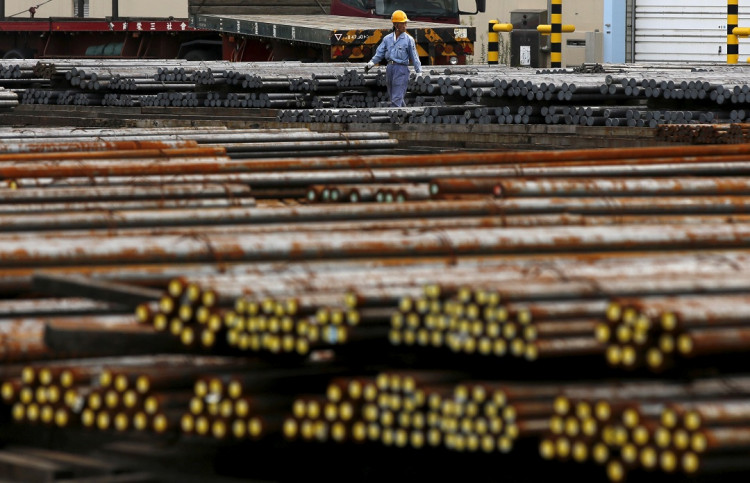The United States revealed plans to impose duties on steel products coming from both Mexico and China. The country's Department of Commerce stated that both countries have been receiving unfair subsidies for the past few years and taxing them only seemed fair to other countries importing fabricated steel to the US.
According to the US Department of Commerce, large subsidies had been given to exporters of fabricated structural steel in both countries. Chinese exporters are apparently enjoying subsidies that range between 30 percent and 177 percent, while Mexican exporters receive subsidies of up to 74 percent.
The subsidies received by both countries are apparently much higher than those being given to other countries. Canadian fabricated steel importers for example only receive subsidies of less than 1 percent.
As part of its move to add new levies, the department has reportedly instructed the US Customs and Border Protection to start collecting deposits from all importers of the steel products from China and Mexico. The department clarified that the decision on the added levy was still preliminary. A decision on its permanent implementation will reportedly be announced in mid-November.
How exactly the added duties on Chinese fabricated steel would affect the ongoing dispute between China and the United States remains to be seen. Both countries recently agreed to a temporary ceasefire in imposing new tariffs.
The agreement was made during Trump's meeting with Chinese President Xi Jinping at the G20 summit in Japan over the weekend. After the meeting, Trump announced that the US would be holding off on imposing new tariffs while negotiations were still underway.
The decision to impose added tariffs on fabricated steel imports from Mexico and China was a direct response to a petition filed by the American Institute of Steel Construction. The not-for-profit technical institute and trade association pointed out the inequality in subsidies being given to importers, leading the commerce department to initiate an investigation into the matter.
In March of last year, US President Donald Trump announced that the country would be imposing added tariffs for steel and aluminum imports from several countries. The US imposed a 25 percent tariff on steel, while aluminum imports were slapped with a 10 percent duty.
In May of this year, Trump announced that he would be lifting tariffs for both Canada and Mexico. The announcement was part of the Trump administration's strategy to defuse tensions between the nations in its attempt to iron out a trade agreement within the American Continent.






